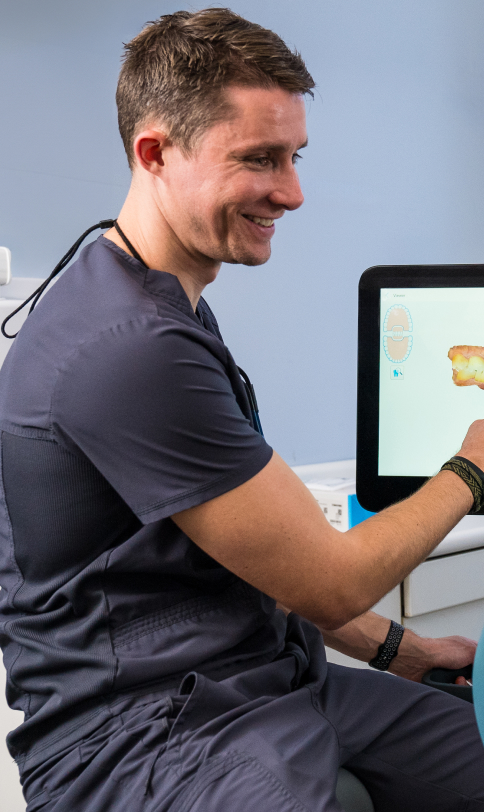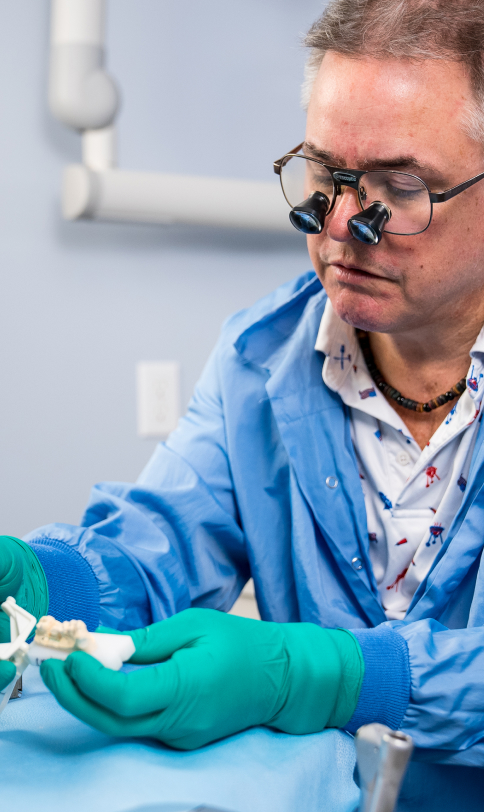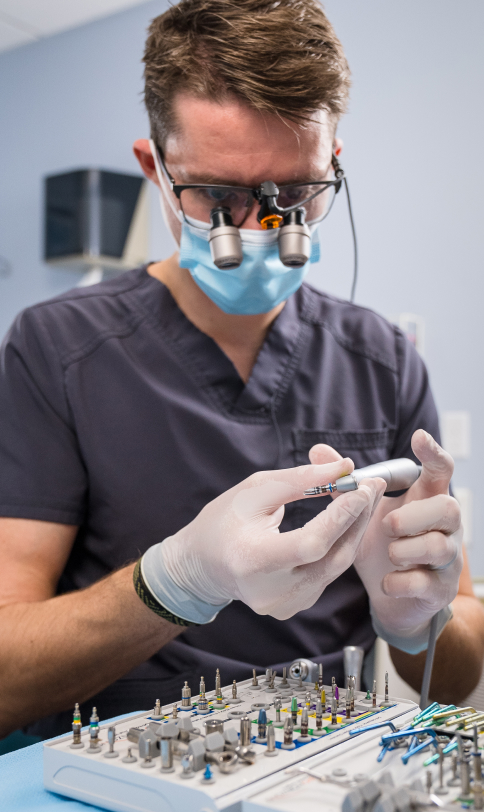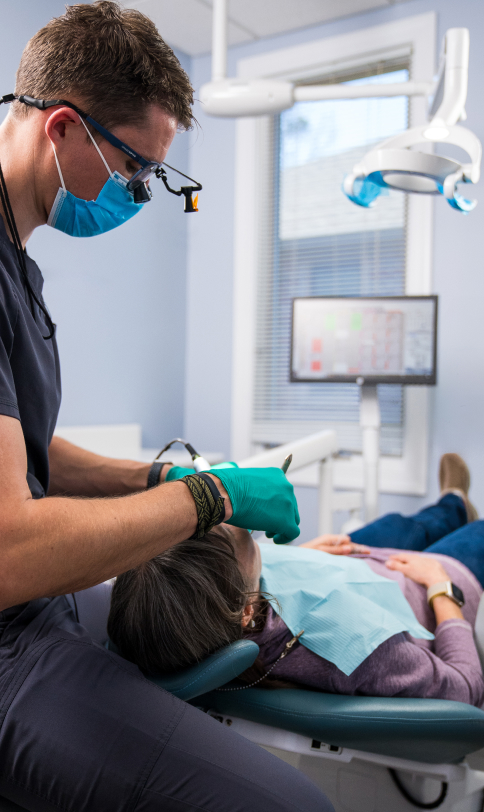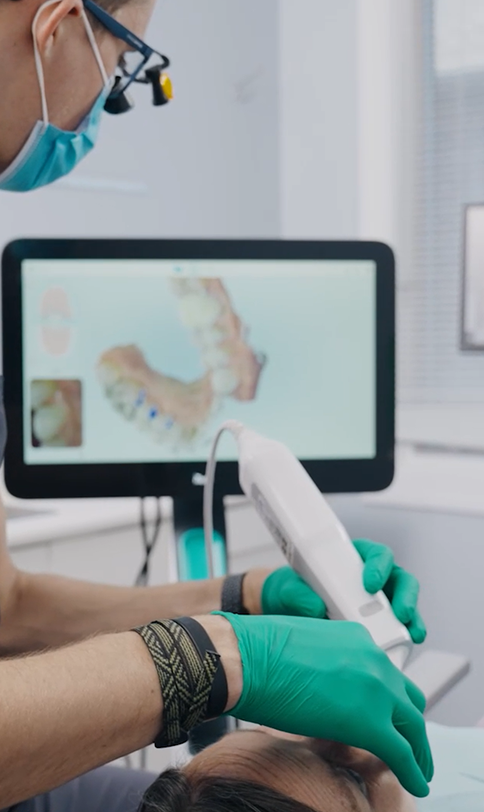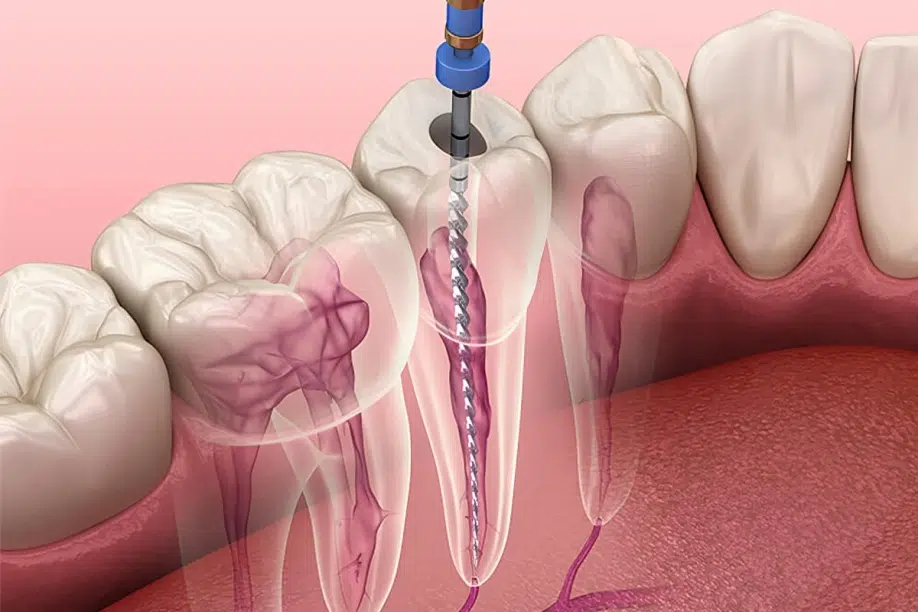
Signs of Root Canal Issues
Root canals are an effective treatment for saving or restoring teeth that have suffered from infection or decay. The surrounding tissue may become infected without proper root canal therapy, leading to abscesses. During a root canal procedure, the inflamed and infected nerve and pulp of the tooth are removed.
Legacy Dental in Cary and the surrounding area offers root canal treatments. Don't delay in preserving your tooth's health. Contact us today at (919) 859-5459 to arrange an appointment and find out more.
Resolving Pain With Root Canals
Dental issues necessitating root canals often lead to discomfort for patients. At the very least, patients may endure severe toothaches, which can occur spontaneously, even without tooth use, and may escalate into intense headaches. Many patients may not immediately link the toothache to the headache.
A live tooth may also exhibit sensitivity to heat and cold, persisting even after the stimulus is removed. Heat sensitivity may be particularly pronounced. For patients with dead teeth that have developed abscesses, pain may arise when chewing or exerting pressure on the tooth. Any abscesses may result in swelling or bleeding, possibly requiring urgent attention.
"The root causes of root canals frequently result in discomfort for patients."
When to See a Dentist About Root Canals
Various factors can contribute to a patient's need for a root canal treatment. These factors often present themselves through various symptoms, such as chips or cracks in teeth, pain while eating or touching the tooth, persistent discomfort, sensitivity to temperature changes, and gum swelling.
When a tooth is chipped or cracked, it creates openings for bacteria to cause infection and inflammation, while temperature sensitivity may indicate severe decay or nerve damage. Generally, toothaches signal the need for dental attention.
Extended tooth sensitivity may indicate infection or nerve damage within the tooth. Swelling, which may come and go, is often linked with abscesses, sometimes accompanied by an unpleasant taste or odor.
Infected teeth may feel looser than healthy teeth due to nerve death softening the bone. Additionally, teeth may appear grayish-black when their roots are damaged and internal tissues are compromised.
"These conditions may present themselves through various symptoms."
When Root Canals Are the Only Option
Many patients are surprised to discover the connection between sleep apnea and dental health. Frequently, interruptions in breathing linked with sleep apnea result from flaccid throat muscles, an oversized tongue, or a small jaw. Bruxism, or tooth grinding, is often the initial sign of sleep apnea, leading to tooth wear, breakage, and inflamed gums. Legacy Dental offers comprehensive oral examinations to assess the presence of sleep apnea.
Left untreated, teeth with damaged pulp eventually deteriorate. This can significantly impact overall oral health and hinder eating and chewing. Root canals provide a means to preserve the remaining tooth, often followed by a dental implant or crown placement.
"Root canal treatments are required when the pulp of the tooth becomes inflamed or infected, necessitating its removal."
Alternatives to Root Canals
Root canal therapy can effectively address issues stemming from infection and decay, but its success relies on preserving enough of the natural tooth. While preserving natural teeth is ideal, some may be irreparable. Teeth with extensive fractures or cracks extending beneath the gum line may necessitate extraction.
In cases where extraction is unavoidable, patients might consider dental implants as a replacement option. Dental implants closely mimic natural teeth in appearance, sensation, and function, preserving the smile's aesthetics. These implants consist of artificial tooth roots surgically embedded into the jaw to support a prosthetic tooth (a crown or pontic). Our team can assist in determining the most suitable option for your needs.


